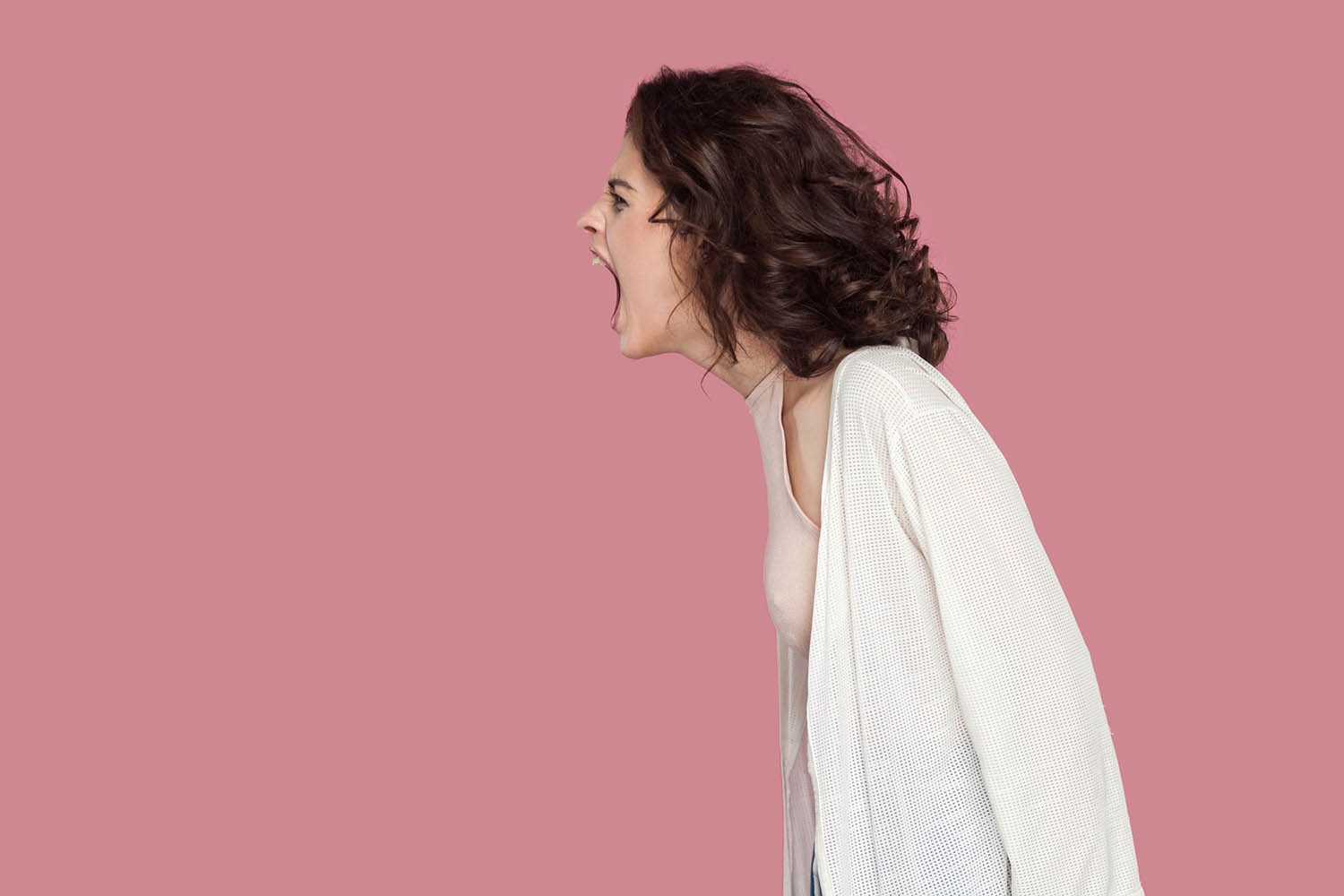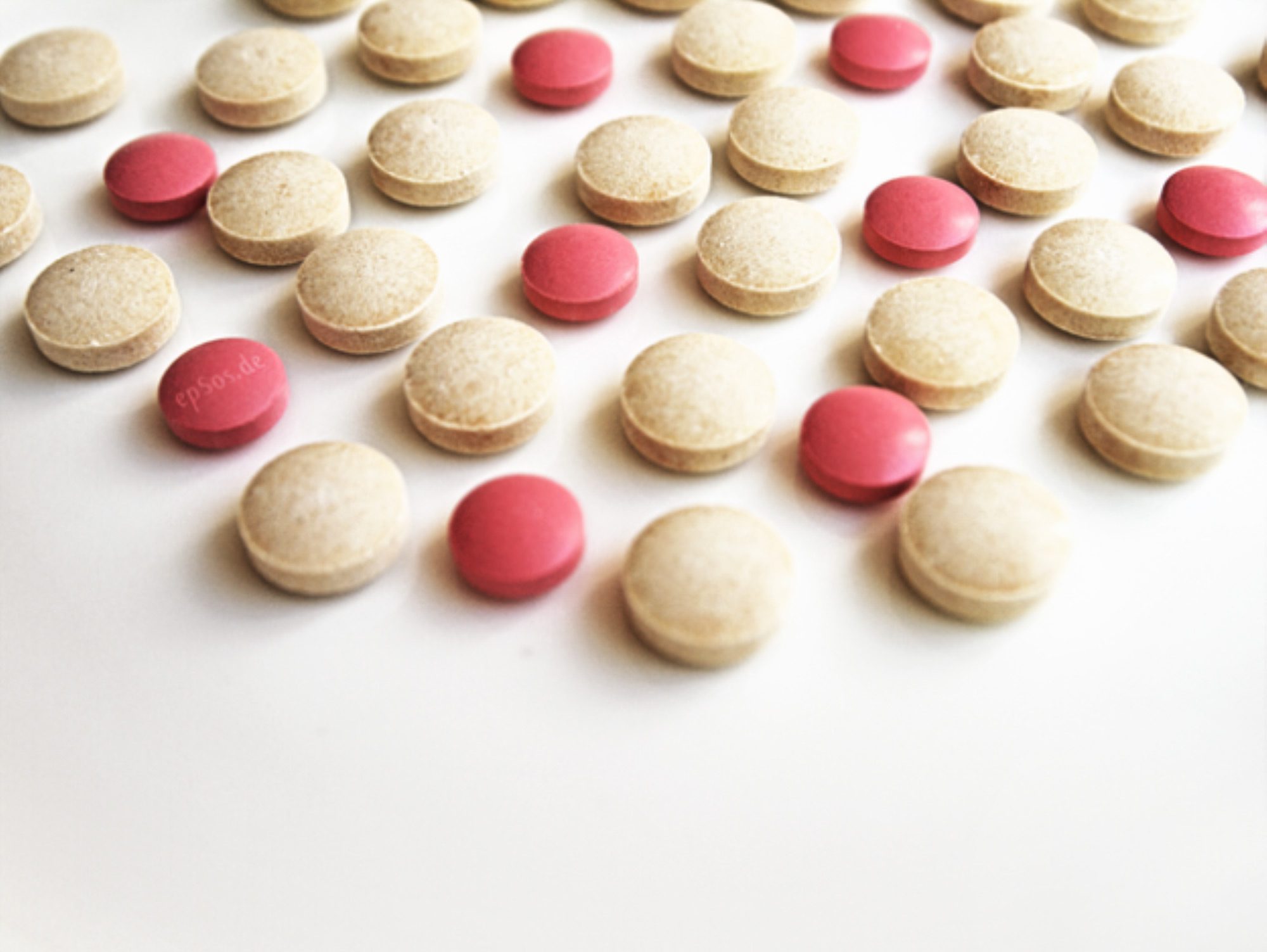Just when you thought you’d hit peak adulting – you can manage your own money, you can DIY that Bunnings deck like a pro, and you’re hardly ever wearing clothes straight from the laundry basket anymore – everything changes. The ‘Pause. Wreaking havoc on sane women everywhere.
Most of us are totally aware of the common symptoms of menopause: mood swings, hot flashes, sleeplessness, brain fog. But what about the other, lesser known changes that nobody talks about? The slightly odder symptoms that can really throw you that curve ball on an otherwise normal, perfectly adulting day? Don’t fret. They might be a little left of centre, but we’ve got some tips on what they are, why they’re happening and how to counter them so you can continue feeling your very best, empowered, adulting self.
Heart’s A-Flutter
Once upon a time when hearts were a-flutter, maybe it was because we’d seen someone we really quite liked (or perhaps it was that Gucci leather bag that we so wanted to covet). These days when hearts flutter a little, it’s more likely to do with last night’s curry and it’s little-bit-too-much-chilli. The other culprit to hearts skipping a beat is actually to do with the surge in hormones as the body settles into its new levels. A little shortness of breath as well? Totally normal, but always best to go see your GP to have a check-up.
The fix: Mindful breathwork
‘I Want To Be Alone’
Greta Garbo was onto something, most certainly. Even for the natural extroverts amongst us, the indelible need to be alone more often than before is hard to ignore. Call it ‘time out’ or ‘taking some me time’, this peaceful sensation of being present with oneself is a mood shift due to the drop in oestrogen resulting in feeling a little more introspective. Anxiety is common, but before thinking you’re on the brink of depression, psychologists suggest that a little self-care time is essential.
The fix: The truth is, you’ve probably been putting everyone and everything else first up until this point, and now it’s your time to focus inward. Do that, without guilt.
Itchy, Dry Skin & Brittle Nails
It’s like there’s not enough moisturiser on the planet to stave off the dryness, it feels like there’s ants crawling under your skin, and where once you had perfectly manicured paws, they now chip opening the pantry door. While the dry skin might be good news if you’ve previously always had blemish-prone, oilier skin, the dry can manifest itself to be flaky and annoying. Nails are more brittle now too, with ridgelines becoming more and more visible. Skin and nails are both at the mercy of oestrogen, and with dropping levels differences become noticeable. Oestrogen also regulates water retention, so skin can be particularly sensitive to dehydration.
The fix: Vitamin E (topical and in supplement form) and a higher intake in water. Pull back on the coffee… and slip on those sexy rubber gloves to protect your hands from excess water immersion.
Burning Tongue
No, it’s not because you said something out loud you shouldn’t have and the guilts have got you good (or maybe it is, but this isn’t THAT article…). Oestrogen is an important contributor in the production of saliva, and during menopause the decline in oestrogen production can cause insufficient saliva production – and voila! A burning tongue or mouth. It can also manifest itself as a change in taste, especially a bitter or metallic taste, and its intensity can be quite inconsistent.
The fix: The burning sensation may be temporarily relieved by eating or drinking, steering clear of acidic and spicy foods, warming foods and alcohol. Drink lots of water and chew gum, as this stimulates saliva.
Floppy Feet
Plantar fasciitis is quite an annoying experience. Where once we were tottering around in sky-high heels or pounding the pavement for hours a week, now painful heels and flat feet inhibit these activities. This pain is likely related to the drop in hormone levels that thin the fat layer of the sole and contribute to dropped arches, often then leading into overpronation. Suddenly, our favourite shoes no longer fit properly and are in the charity bag destined to a life elsewhere.
The fix: Stretch before exercising. Make sure you’re wearing well-fitted, supportive shoes. And for more serious symptoms, head to your podiatrist for advice.
Desert Dryness… Everywhere
It’s a common problem that only gets worse during the menopause transition, yet no one wants to talk about it, and few seem interested in correcting it. We’re talking about the taboo problem of vaginal dryness. As a woman transitions through menopause, hormones drop, including estradiol, whose main function is to mature and maintain the reproductive system. The drop in estradiol is linked to decreased blood flow to the vagina as well as vaginal tightening sometimes making sex quite painful.
The fix: If lubricants and vaginal moisturisers aren’t enough, you can consider topical vaginal oestrogen creams, tablets or a low-dose ring (all forms of HRT). Consult your GP or gynecologist for any of these treatments. Jade eggs are also highly regarded.
Lessening Locks
Hair is something quite intrinsic – how we wear our hair is an expression of ourselves, so when we start to lose it, the deep effect on our self-image is far more than just a bad hair day. While many women will notice that their hair isn’t quite as glorious as it once was, some women may experience profound hair loss, either in gradual amounts or more startling clumps. Again, hormones are the root cause – the drop in oestrogen and often the increase in cortisol (the stress hormone) are key factors.
The fix: Depending on the severity, treatments can include everything from winding back on the hair straighteners and using thickening shampoos more often, through to topical solutions and low-energy laser. Hair loss may also be linked to some medications, so make sure you check with your GP.
Frisky Business
Ending on a good note! While loss of libido is a very real thing and it’s true that there’ll probably be more than a few nights when you’re just not in the mood, it’s not true that your libido simply disappears like a wisp of smoke in a windstorm just because you’re going through The ‘Pause. On the contrary. Hormones will still continue fluctuating at certain times, and these hormonal shifts can lead to wild surges in oestrogen… buckle up, we’re in for a fun ride! In fact, there’s plenty of evidence to show that orgasms actually minimise other menopausal symptoms.
The fix: Hmmm… we don’t really need to fix this one.
Australian Menopause Centre
Australian Menopause Society
Menopausal Hair Loss
Estradiol













